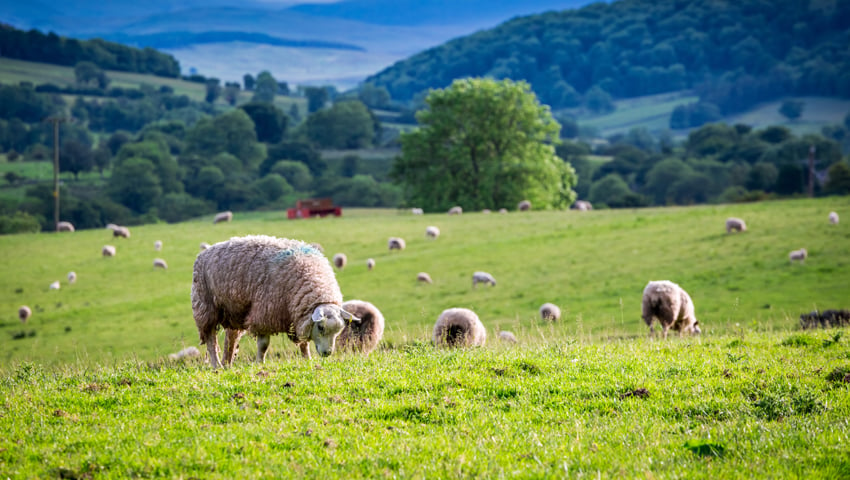Three members of the team at SRUC’s new School of Veterinary Medicine have been named Fellows of the Royal College of Veterinary Surgeons.
Professor Caroline Argo, Dean of Veterinary Medicine and Head of School, Jim Anderson, Professor of Veterinary Education, and Paul Wood, Veterinary Reader, have each been awarded the prestigious fellowships in recognition of outstanding contributions to the veterinary profession.
By becoming Fellows, they will work to “advance veterinary standards by providing a resource of independent knowledge for the benefit of the veterinary profession”.
This fellowship recognises the impact of these experts on the entire veterinary profession in the UK.
These awards reflect not only the high quality of veterinary education standards at SRUC, but that the calibre of the team brought together by Prof Argo is set to ensure SRUC is an industry leader.
Professors Argo and Anderson received fellowships based on their meritorious contributions to the profession, while Paul Wood was awarded a fellowship based on his meritorious contributions to clinical practice.
Following the election of Kirsty Young, Head of Department, South and West Faculty, to the RCVS Veterinary Nurses Council in May, these three fellowships further demonstrate the depth of expertise, professionalism and dedication of the team at SRUC.
Reflective of these awards and as evidence of the accruing gravitas of SRUC’s new School of Veterinary Medicine, the school has also recently accepted an invitation to join the Veterinary Schools Council. Membership of this forum ensures SRUCs inclusion in the debate and policy influencing Veterinary Education across the UK.
Professor Wayne Powell, Principal and Chief Executive of SRUC, said, “We are hugely proud of the recognition our staff have gained. The team we have built consistently demonstrates their commitment not only to the education of our students, but the constant development of the veterinary industry as a whole.”
Overseen by Prof Argo, the team has been busy preparing for the first year roll out of the new BVSci curriculum which seeks to address a number of key issues within the wider rural and veterinary sectors.
She said, “It is now recognised that the UK veterinary profession is failing to achieve self-sufficiency in generating and retaining home grown talent. This has serious ramifications for key sectors of the profession that are central to Scotland’s ambitions, economy and the sustainability of our rural communities.
“By aligning the attitudes and abilities of our veterinary applicants more directly with the needs of the Scottish profession, we hope to train the general practitioners that are so essential for our food sector and mixed practices.
“The UK’s vet schools produce professionals of the very highest standard but given the shortages we face across the whole industry, it is now essential for Scotland that we build new home-grown talent pools for ourselves, and equip them with the skills, resilience and diversity that our rural communities, mixed practices, government and food sectors require. We are very honoured to receive fellowships in recognition of our work and hope that this reinforces the quality of teaching and expertise future vets will receive at SRUC.”
SRUC also plans to embed students in real-life practices as part of their clinical education and has been developing relationships with practitioners around the country, particularly in rural areas.
